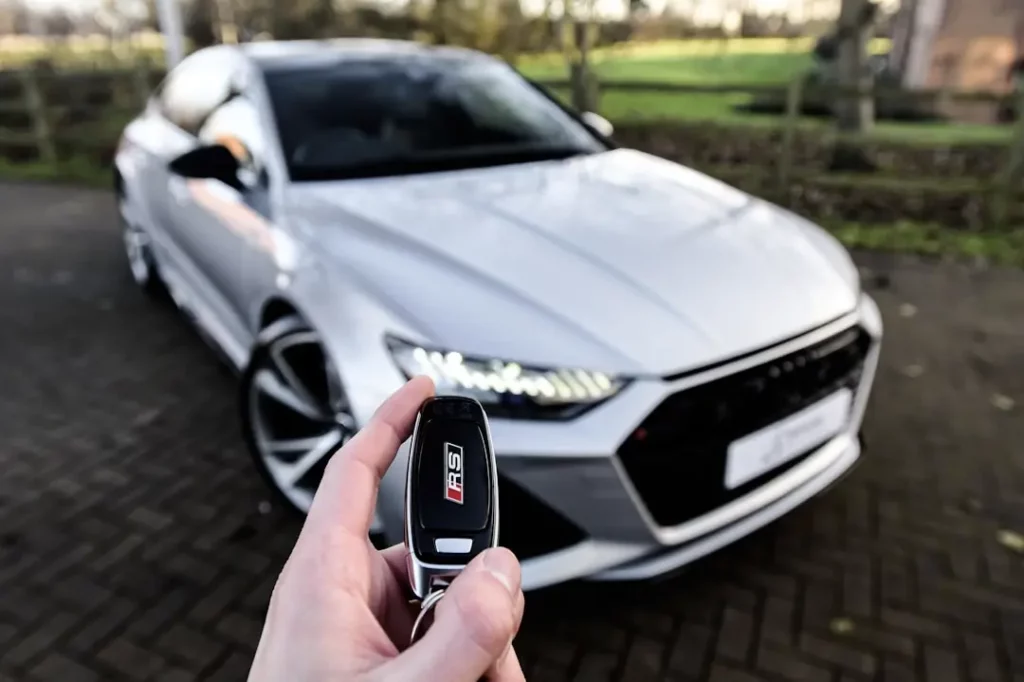Navigating the pre-owned car market can be an intricate endeavor filled with nuances and details that can impact the satisfaction and value of your purchase. To make an informed decision, it’s essential to scrutinize the vehicle’s history, understand the costs involved, inspect the car thoroughly, consider the financing, and negotiate effectively. As you contemplate these factors, you’ll be equipped to make a choice that harmonizes with your needs and budget. Below, we delve into pertinent information and prudent advice for prospective buyers in the market for a used automobile.
Understanding the True Cost of Ownership
When buying a used car, beyond the initial purchase price, it’s crucial to consider ongoing expenses like fuel, insurance, maintenance, and potential repairs. Some cars are known for higher upkeep costs due to pricey parts or specialized service needs. To make an informed decision, have a trusted mechanic thoroughly inspect the car for any current or future issues.
This not only prepares you for maintenance costs but can also help negotiate the price if repairs are needed. Considering a car extended warranty can provide added protection against unexpected repair expenses once the manufacturer’s warranty expires, offering peace of mind to buyers.
Assessing Vehicle History and Previous Ownership
Before purchasing a used car, it’s crucial to conduct thorough research into its history. This includes checking service records, accident history, and the number of previous owners. Car history reports are essential for uncovering any hidden issues. Also, verify the car’s title status to ensure it has a clean title rather than a salvage or rebuilt one, which could indicate past serious damage.
Another key consideration is mileage relative to the car’s age. Low mileage on an older car might mean it was lightly used, but could also hint at prolonged periods of inactivity. Higher mileage could indicate extensive use or mostly highway driving. For quality assurance, exploring options like a Volkswagen pre owned in Oak Lawn, which includes thorough inspection and a manufacturer-backed warranty, can be a wise choice for buyers seeking peace of mind.
Conducting a Thorough Inspection and Test Drive
Before finalizing your decision on a used car, take time for a thorough inspection and test drive. Assess the exterior for rust, damage, and repairs; inside, check for wear, functioning electronics, and comfort. During the drive, observe acceleration, braking, steering, and any unusual noises that might hint at underlying issues.
Test all features like AC, windows, and locks, and ensure gears and emergency brake work smoothly. Look out for dashboard warning lights and record any concerns for informed decision-making. A failing test drive could indicate potential costly repairs or safety risks, so these steps are crucial before purchasing.
Navigating Financing and Insurance Options for Pre-Owned Cars
When financing a used car, it’s crucial to be thorough. Interest rates tend to be higher for pre-owned vehicles compared to new ones, so it’s wise to shop around for the best rates and terms. Getting financing lined up beforehand can also boost your bargaining position when dealing with sellers.
The type of car you choose can impact your insurance costs as well. Sportier models or those prone to theft often come with higher premiums. It’s a good idea to reach out to your insurance provider for quotes on the specific models you’re interested in, helping you plan your overall budget. Pay attention to the length of your loan term too; longer terms may lower monthly payments but can increase total interest paid. Finding a balance between manageable payments and a shorter term can save you money in the long haul.
Negotiating Price and Evaluating Seller Credibility
Negotiating for a used car doesn’t have to be intimidating. First, research the car’s fair market value based on its condition, mileage, and location to establish a starting point. When dealing with a private seller, politely inquire about their reasons for selling and their flexibility on price. Be assertive but respectful, and be willing to walk away if the terms don’t match your needs—it might prompt the seller to reconsider.
For dealership purchases, remember that their asking price usually allows for negotiation. Start below what you’re willing to pay and focus on the total cost rather than just the monthly payments. Always assess the seller’s credibility by checking feedback, asking for references, and ensuring they’ve been transparent about the car’s history. Trustworthy sellers are likely to have taken good care of the vehicle.
Altogether, investing in a used car requires careful research and preparation. It’s crucial to delve into the vehicle’s history, assess ownership expenses, conduct thorough inspections, manage finances effectively, and negotiate wisely. Each step plays a vital role in making a sound purchasing decision. Finding a dependable pre-owned car can be fulfilling if you follow these essential steps to ensure a wise investment.
Also, read –



